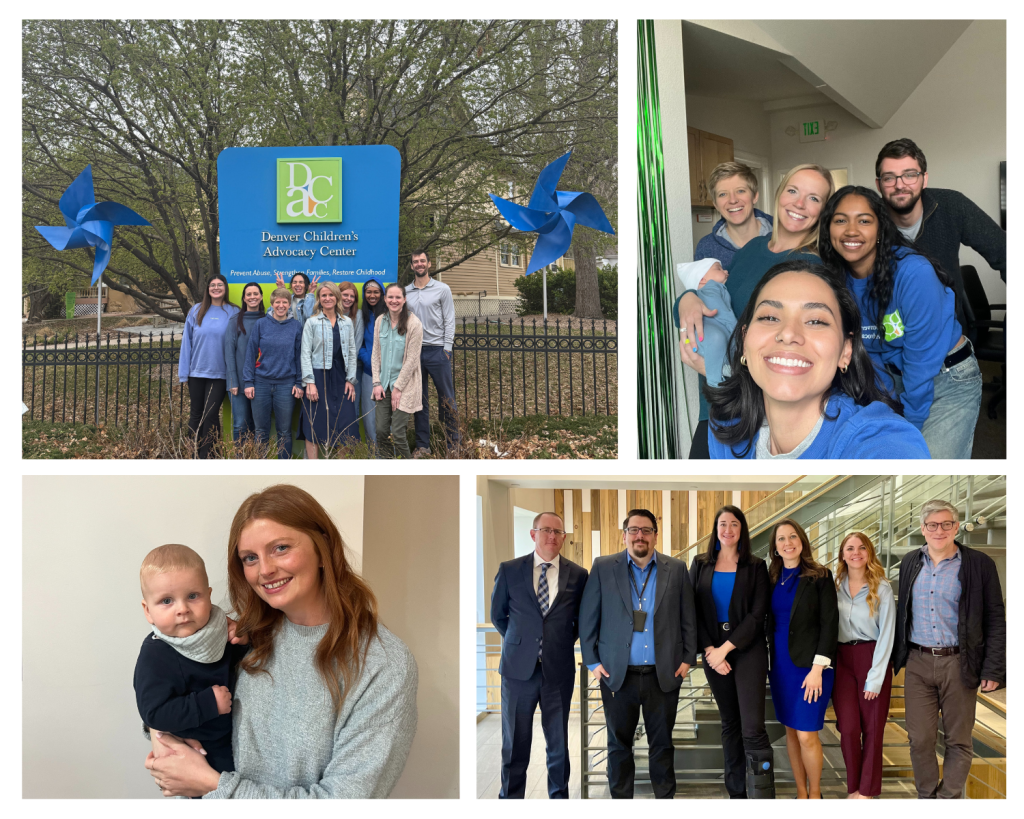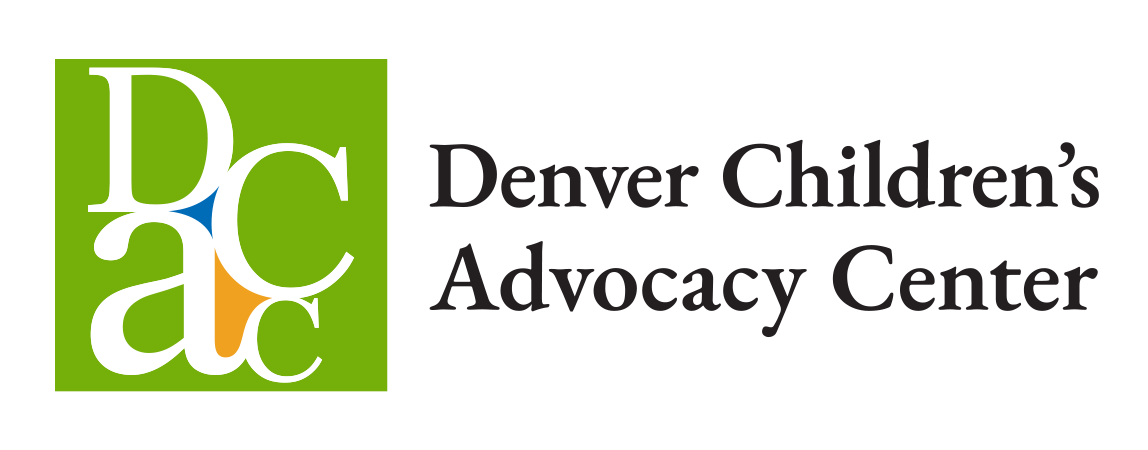Hope is popular word these days, particularly in April during DCAC’s Hope Starts Here campaign for Child Abuse Prevention Month. The Book of Hope: A Survival Guide for Trying Times, which features Jane Goodall’s remarkable and honest perspective, defines hope as: “hope is what enables us to keep going in the face of adversity. It is what we desire to have happen, but we must be prepared to work hard to make it so.”
As we center on hope in April, DCAC staff reflected on what hope means to them:
- Ashley Khan: “Hope is resilience in motion. It is the belief that change is possible, even in uncertainty. It’s what drives my work, knowing that growth and healing can happen, no matter the challenges.”
- Ashely Spaulding: “Change and healing is possible.”
- Julia Urbina: “Perseverance.”
- Marlen Montanez: “Positive change.”
- Hollie Reinhart: “Hope, for a forensic interviewer, means believing in justice, healing, and resilience. It’s the trust that our work helps uncover truth, protect victims, and create a path toward recovery.”
- Will Braunstein: “Hope, to me, means believing that every child who walks through our doors at DCAC can heal, thrive, and reclaim their future.”
- Katt Lovejoy: “The Spanish word for hope is ‘esperanza,’ which not only means hope, but also includes the root for ‘esperar,’ which is ‘wait or expect.’ For me in my day to day, hope means holding space for what is to come, even when it’s hard to see the light, we hold tight to, ‘or wait for’ it, believing in it, trusting it. And many times, as we show kids and each other that we are here for them, and their story matters–it does come. But it usually starts with just holding that space, and waiting and hoping.”
- Emma Skok: “Trusting you will be okay even on the hardest days.”
- Emily Murphy: “To me, hope means that there is a light at the end of the tunnel; healing can happen.”
Hope for Childhoods

At DCAC, we are committed to not just preventing child abuse, but also providing a developmentally sensitive, biologically respectful approach to coordinated health and mental health care for child trauma victims and their non-offending family members. Our goal is that for children who have suffered from abuse, they can have their childhoods restored–that they can heal so they have hope again. By doing so, children can experience a childhood filled with joy, laughter and happiness.
A few of our staff members shared some fond memories they have of their childhoods:
- Marlen Montanez: “My childhood was always outside. I remember knocking every door in my neighborhood getting my friends to come outside and play with me. We would play in the rain, in the dirt, play soccer in the street. I wish children had more open space to play and have the opportunity to be outside more with friends.”
- Emma Skok: “Building forts in nature with things we found.”
- Ashley Khan: “One of my happiest childhood memories is going to a carnival on a warm summer night—lights flashing, music playing, and the air filled with the sweet smell of cotton candy. I remember the thrill of riding the Ferris wheel, feeling on top of the world as I looked out over the glowing fairground. It was pure joy, laughter, and a sense of endless possibility. I hope every child gets to experience moments like that—carefree, exciting, and full of wonder.”
- Ashely Spaulding: “Spending my days playing outside, riding my bike, playing at the park, playing with neighbors.”
- Emily Murphy: “Spending summers exploring and playing in the creek by our house.”
- Julia Urbina: “All the lovely times I spent with my parents.”
How You Can Start Hope

Every child deserves a childhood filled with hope; where they look forward to what’s ahead; where they laugh and learn; where they feel safe and seen; where they experience joy, happiness and playfulness. With hope, children can dream and imagine. With hope, children can be children.
That’s why DCAC created the Hope Starts Here campaign. Will you help more children have hope–and experience a childhood that is carefree and happy? Sign up as an individual or team to show up for kids who need you.
Learn more about the need for child abuse prevention and why you should participate in Hope Starts Here.
